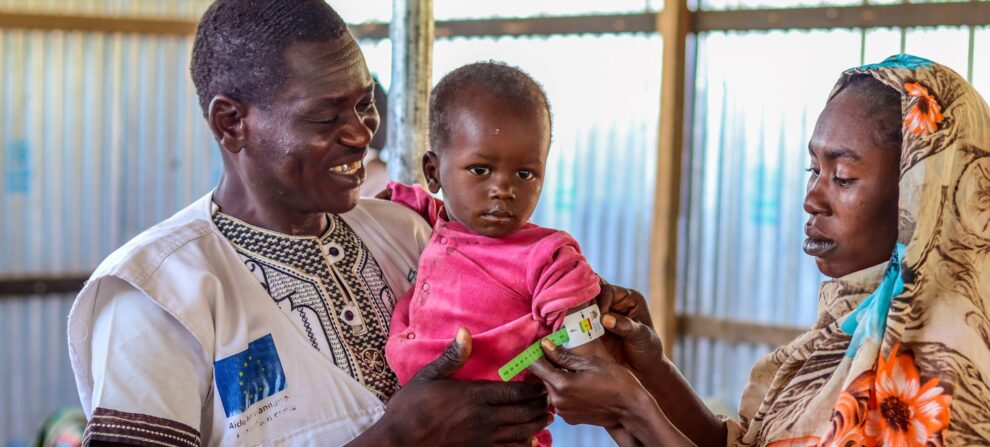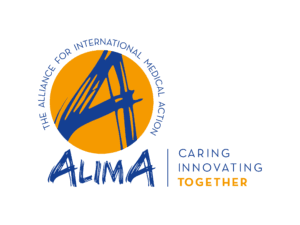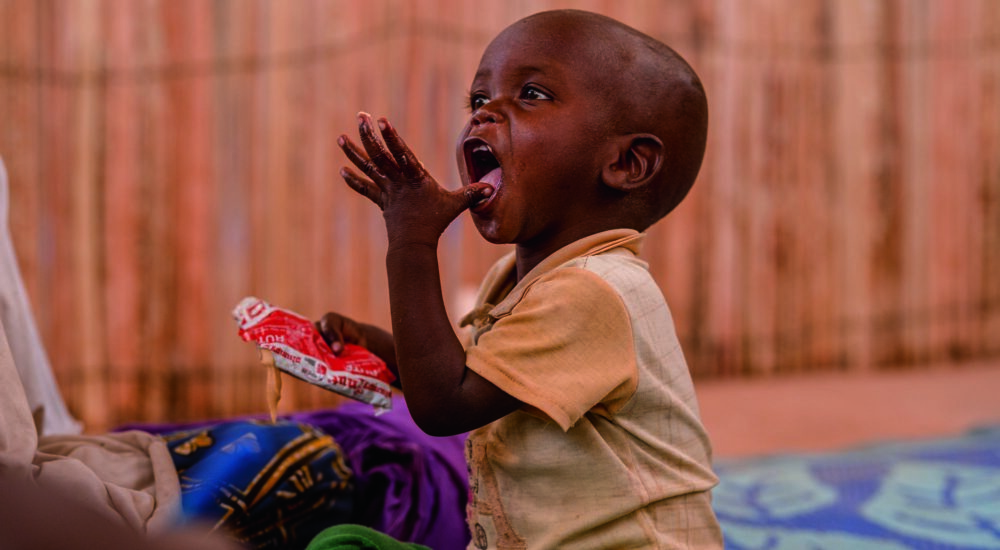Spreading the Word About an Affordable Housing Success
Evergreen Impact Housing Fund
Read More about Spreading the Word About an Affordable Housing Success

An ALIMA health worker holds a child while their mother measures the child's arm with a MUAC bracelet. © Alexandre Bonneau - Afroto / ALIMA
ALIMA (The Alliance for International Medical Action) is a medical humanitarian organization that brings together local health workers, national ministries of health, and research institutes to provide quality care to people in sub-Saharan Africa and beyond during complex health emergencies.

Large-scale health emergencies like virus outbreaks and natural disasters tend to get the bulk of the global health media coverage, while ongoing, complex issues like malnutrition see less airtime. One way to reinvigorate conversation around issues like hunger is to link the issue with novel research.
In April of 2022, The Lancet Global Health published research from ALIMA and its partners about the effectiveness of a new malnutrition treatment protocol called Optimizing treatment for Acute Malnutrition or “OptiMA.” This simplified protocol has the power to shape the way we diagnose and treat children with acute malnutrition.
The study showed the effectiveness of OptiMA in a remote area of the Democratic Republic of Congo. If OptiMA could replace current, outdated treatment plans, more children could receive timely treatment for acute malnutrition, thus preventing the severest form of this condition. Minerva Strategies was tasked with communicating with global health media about this promising new protocol.
Minerva Strategies worked with ALIMA to announce the novel research and connect the findings to the larger regional hunger crisis. We facilitated a virtual media briefing event featuring three ALIMA experts with diverse perspectives on malnutrition.
An invitation was sent to a well-researched list of reporters covering global health and development beats at English-language outlets. At the same time, our team worked with ALIMA leaders to draft an op-ed on the need for innovation in the treatment and prevention of severe malnutrition.

A child recovers from malnutrition in Mirriah, Niger.© Alexandre Bonneau - Afroto / ALIMA
The virtual media briefing was well attended by reporters from the New York Times, Bloomberg, the BBC, and Devex. Follow-up interviews led to two separate stories about the hunger crisis in the Sahel region in Bloomberg, one of which was referenced in another story by the New York Times.
This event opened the door for ALIMA to act as a trusted source of information and research in malnutrition, building relationships with reporters covering global health and development. Shortly after the event, Minerva helped ALIMA place their op-ed in Devex, a digital outlet focused global development issues.
Featured image: An ALIMA health worker holds a child while their mother measures the child’s arm with a MUAC bracelet. © Dénis Sassou Gueipeur / ALIMA.